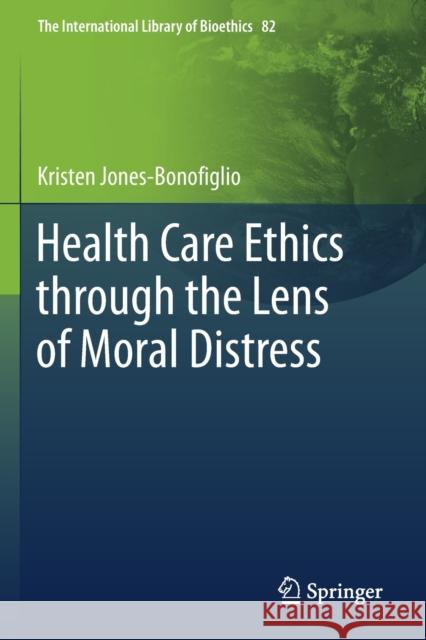Health Care Ethics Through the Lens of Moral Distress » książka
topmenu
Health Care Ethics Through the Lens of Moral Distress
ISBN-13: 9783030561581 / Angielski / Miękka / 2021 / 158 str.
Health Care Ethics Through the Lens of Moral Distress
ISBN-13: 9783030561581 / Angielski / Miękka / 2021 / 158 str.
cena 239,30
(netto: 227,90 VAT: 5%)
Najniższa cena z 30 dni: 231,29
(netto: 227,90 VAT: 5%)
Najniższa cena z 30 dni: 231,29
Termin realizacji zamówienia:
ok. 10-14 dni roboczych.
ok. 10-14 dni roboczych.
Darmowa dostawa!
Kategorie BISAC:
Wydawca:
Springer
Seria wydawnicza:
Język:
Angielski
ISBN-13:
9783030561581
Rok wydania:
2021
Wydanie:
2020
Numer serii:
001083131
Ilość stron:
158
Waga:
0.25 kg
Wymiary:
23.39 x 15.6 x 0.97
Oprawa:
Miękka
Wolumenów:
01
Dodatkowe informacje:
Wydanie ilustrowane











